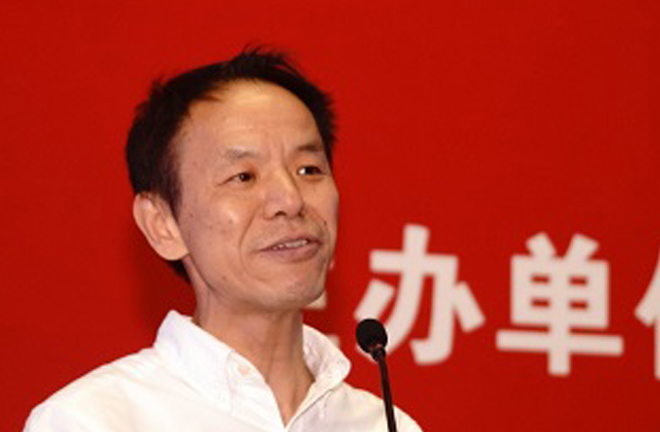XIONG YUEGEN: Social policies to play bigger role in people’s wellbeing system
 For a developed and prosperous modern society, a sound and strong economic system is crucial and so is a relatively enhanced people’s wellbeing system. A major developing country with more than 1.3 billion population, China’s construction of its people’s wellbeing system concerns the country’s present and future. As the 19th CPC National Congress report proposed, the public service system should be prioritized to ensure the public’s basic quality of life, and to keep up with people’s ever-growing demand for a better life. China will continue to promote social fairness and justice, develop effective social governance, and maintain public order to ensure that their people will always have a strong sense of fulfillment, happiness and security. To attain the goal, it is essential to establish and improve the people’s wellbeing system and an integrated public social service system that is unified between urban and rural areas.
For a developed and prosperous modern society, a sound and strong economic system is crucial and so is a relatively enhanced people’s wellbeing system. A major developing country with more than 1.3 billion population, China’s construction of its people’s wellbeing system concerns the country’s present and future. As the 19th CPC National Congress report proposed, the public service system should be prioritized to ensure the public’s basic quality of life, and to keep up with people’s ever-growing demand for a better life. China will continue to promote social fairness and justice, develop effective social governance, and maintain public order to ensure that their people will always have a strong sense of fulfillment, happiness and security. To attain the goal, it is essential to establish and improve the people’s wellbeing system and an integrated public social service system that is unified between urban and rural areas.
Since the start of the 21st century, with China’s accession to the WTO and integration into the process of economic globalization, it has become a consensus to establish the people’s wellbeing system in line with the country’s economic mode and social structure. As the Chinese government continues to advance the system, it is developing from the traditional targeted model to a universally beneficial model.
The latter model, a type of social policy and public service institution with provisions covering all people across the nation, ensuring the basic needs of citizens are met, differs from the past targeted welfare system, which served mostly those special social groups deemed most needy, including the lonely elderly, the disabled and abandoned children. It also differs from the highly unified and equally applied welfare system that welfare states adopt.
It is a type of system that is based on the basic needs of citizens and the principle of fairness, that emphasizes the long-term economic and social development, and that attaches importance to the unity between the rights and obligations of citizens. Such a system means that the beneficiaries of social policies and public services have expanded beyond a segment of citizens to the entire population, so that the fundamental rights of citizens are further ensured and that their self-dignity and sense of fulfillment have been elevated.
Drawing upon the useful experiences and positive effects of wellbeing systems in developed countries, China could make bigger use of the role that social policies play in people’s wellbeing system. Social policies should not merely be regarded as a supplement to economic policies, and the functions of social policies should not be perceived solely as the underpinning of economic development. In fact, the advantages that today’s developed countries enjoy in scientific research and industrial manufacturing can, to some extent, be attributed to the implementation of sound and comprehensive social policies, which is also the result of the development of their wellbeing systems.
In order for China to improve the people’s wellbeing system based on its own national conditions and cultural traditions, the following points should be taken into consideration.
The first is that according to the status quo of the national reality and the demography-resource relationships of the country, people’s wellbeing system should comply with the country’s economic development.
In terms of the welfare concept and the work ethics that come with it, the caring function of families should be emphasized and the tradition of individuals’ hard work should be encouraged.
Second, unlike the highly uniform and standardized wellbeing systems in European welfare states that stress the principle of universalism in terms of applicability, the people’s wellbeing system in China, within a certain period, will still reflect discrepant equality.
The urban and rural areas of the country have respectively set up their own social security and social welfare service systems in different historical periods. Through a gradually improving development mode that is progressive, an integrated people’s wellbeing system that is unified between urban and rural areas will be formed.
Third, in light of the responsibility undertaking, the country has the basic responsibility for safeguarding people’s wellbeing while a responsibility-shared mode should be developed between different entities—the country, the enterprises, new types of social organization and individuals.
Last, it is advisable that the government, by means of more effective and elastic legal and institutional management, such as tax system reform, should stimulate the participation of the wealthy in social public welfare undertakings, which will be essential for offering preferential protection for low-income groups in the sector of social services.
This article is translated from Guangming Daily. Xiong Yuegen is a professor from the Department of Sociology at Peking University.
